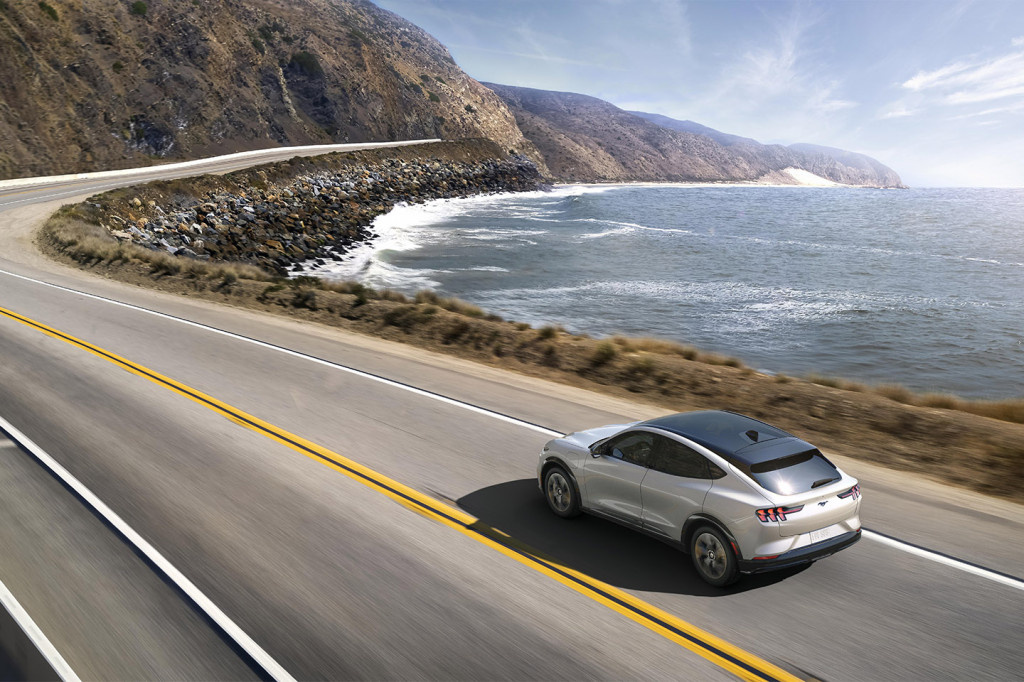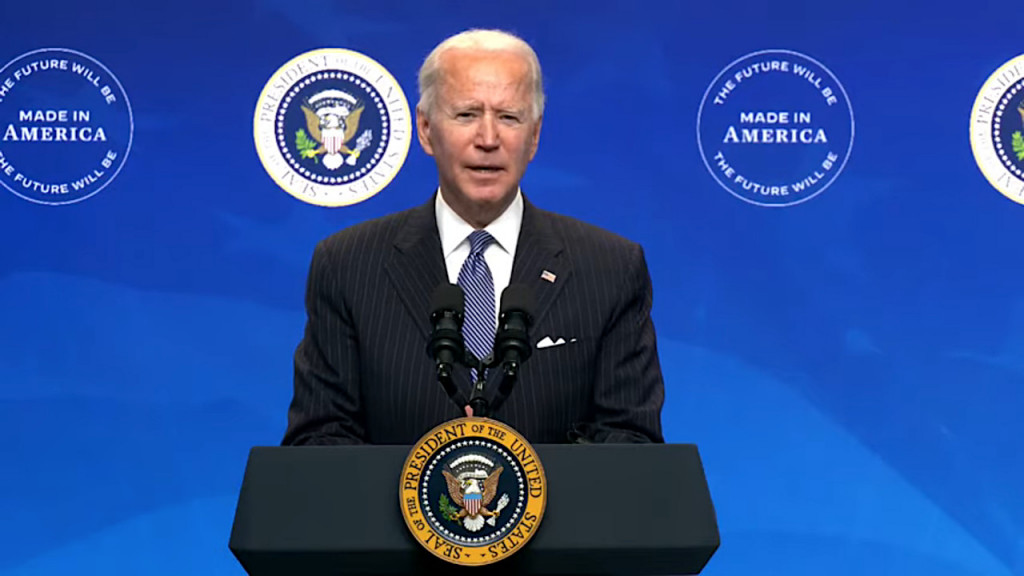California senators push Biden to start phasing out gasoline vehicle sales
Could the Biden Administration set a date for the retirement of internal combustion passenger vehicles?
Although that’s an unlikely move, as the new administration grapples with how to restore tighter standards for gas mileage and emissions, two senators are reportedly rooting for that deadline.
In a letter from seen by Reuters, Senators Alex Padilla and Dianne Feinstein urged President Biden to restore California’s authority to set its clean car standards—a move it hasn’t yet made—and “to follow California’s lead and set a date by which all new cars and passenger trucks sold be zero-emission vehicles.”

2021 Ford Mustang Mach-E
Reuters further cites the Senators as arguing in the letter that the agreements that were voluntarily reached between companies and California last year should be seen as the new baseline.
The compromise deals were struck between California’s Air Resources Board and Ford, Honda, BMW, Volkswagen, and Volvo. The standards in those deals fall between those set by the Trump administration and those that had already been established by the Obama administration.
In September 2019, the Trump EPA revoked California’s Clean Air Act waiver, which allowed it to set its own greenhouse-gas standards. As of yet, that waiver hasn’t yet been restored, but the Biden administration has asked the EPA and the NHTSA to act by April.

Biden aims to make federal fleet all-electric
A January executive order from Biden accelerated the conversion of public vehicle fleets to all-electric vehicles and signaled that it will raise the domestic-content thresholds for government purchases. Not all federal affiliates are on board yet, however. In February, the USPS confirmed a 10-year, $6 billion contract that would result in just 10% of the new-generation delivery trucks being all-electric. That’s already spurred Congress to consider legislation mandating EVs.
A September 2020 executive order by California Governor Gavin Newsom effectively calls for the ban of new gasoline vehicles by 2035, and directs state leaders to come up with a plan, including near-term actions that put the state on a path toward that target.
Working toward a particular phase-out date for gasoline, versus ever-tighter gasoline emissions and efficiency numbers, could dramatically change the conversation. Is this the best way for the new administration to embrace the shift? Let us know in your comments below.

